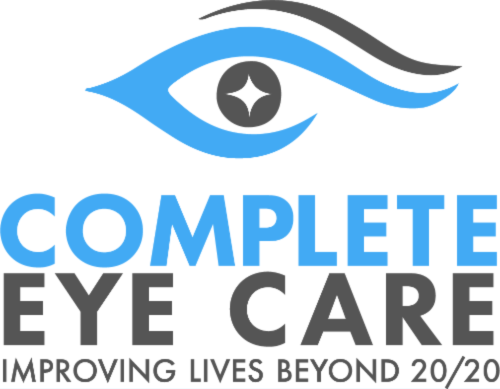While convergence insufficiency may not be as well-known as some other eye conditions, its impact on daily life can be significant. Join us as we delve into the intricacies of convergence insufficiency, uncovering its symptoms, causes, and available treatment options.
What is Convergence Insufficiency?
Convergence insufficiency is a common visual condition characterized by the eyes’ inability to work together properly when focusing on nearby objects. Unlike other eye conditions that affect clarity or visual acuity, convergence insufficiency primarily affects eye-muscle coordination. This misalignment can lead to a range of symptoms, making tasks like reading, writing, and using digital devices more challenging.
Symptoms of Convergence Insufficiency
Individuals with convergence insufficiency often experience a variety of symptoms. These can include eye strain, fatigue, headaches, double vision, difficulty concentrating, and even a loss of comprehension during reading. Visual discomfort is also common, with some individuals reporting blurred or unstable vision when trying to focus on close objects.
Causes of Convergence Insufficiency
The exact causes of convergence insufficiency are not fully understood, but it is believed to result from a combination of genetic and environmental factors. Some individuals may have a predisposition to the condition due to abnormalities in their eye muscles or binocular vision system. Certain factors, such as excessive near-work or eye strain, can also contribute to the development or exacerbation of convergence insufficiency.
Diagnosis of Convergence Insufficiency
Proper diagnosis of convergence insufficiency requires a comprehensive eye examination by an experienced eye care professional. During the exam, your eye doctor will assess your visual acuity, eye-muscle coordination, and binocular vision. Specialized tests, such as the near point of convergence test, may be performed to determine the extent of the condition and its impact on your visual system.
Treatment Options for Convergence Insufficiency
The good news is that convergence insufficiency is treatable. Non-surgical interventions are often recommended as a first-line approach. Vision therapy, a specialized program of eye exercises and activities, is highly effective in training the eyes to work together and improve eye muscle coordination. Additionally, the use of specialized lenses, such as prism glasses, can help alleviate symptoms and enhance visual comfort. In rare cases, when non-surgical options are not sufficient, surgery may be considered.
Living with Convergence Insufficiency
While convergence insufficiency can present challenges, there are strategies you can employ to manage the condition and minimize its impact on your daily life. Taking frequent breaks during near work, practicing good lighting and posture, and implementing visual hygiene habits can all contribute to reducing symptoms and maximizing visual comfort.
Expert Eye Care at Complete Eye Care
At Complete Eye Care, we specialize in diagnosing and treating convergence insufficiency. Our team of experienced eye care professionals is dedicated to providing personalized care and tailored treatment plans to address your unique needs. With our expertise and state-of-the-art technology, you can trust us to guide you on your journey to better visual health.
Ready to regain your visual comfort and quality of life? Take the first step by scheduling a consultation with our expert eye care professionals.
Contact us today to book an appointment and discover the most effective treatment options for your convergence insufficiency. Don’t let this condition hold you back from enjoying clear, comfortable vision. We’re here to help you every step of the way.
